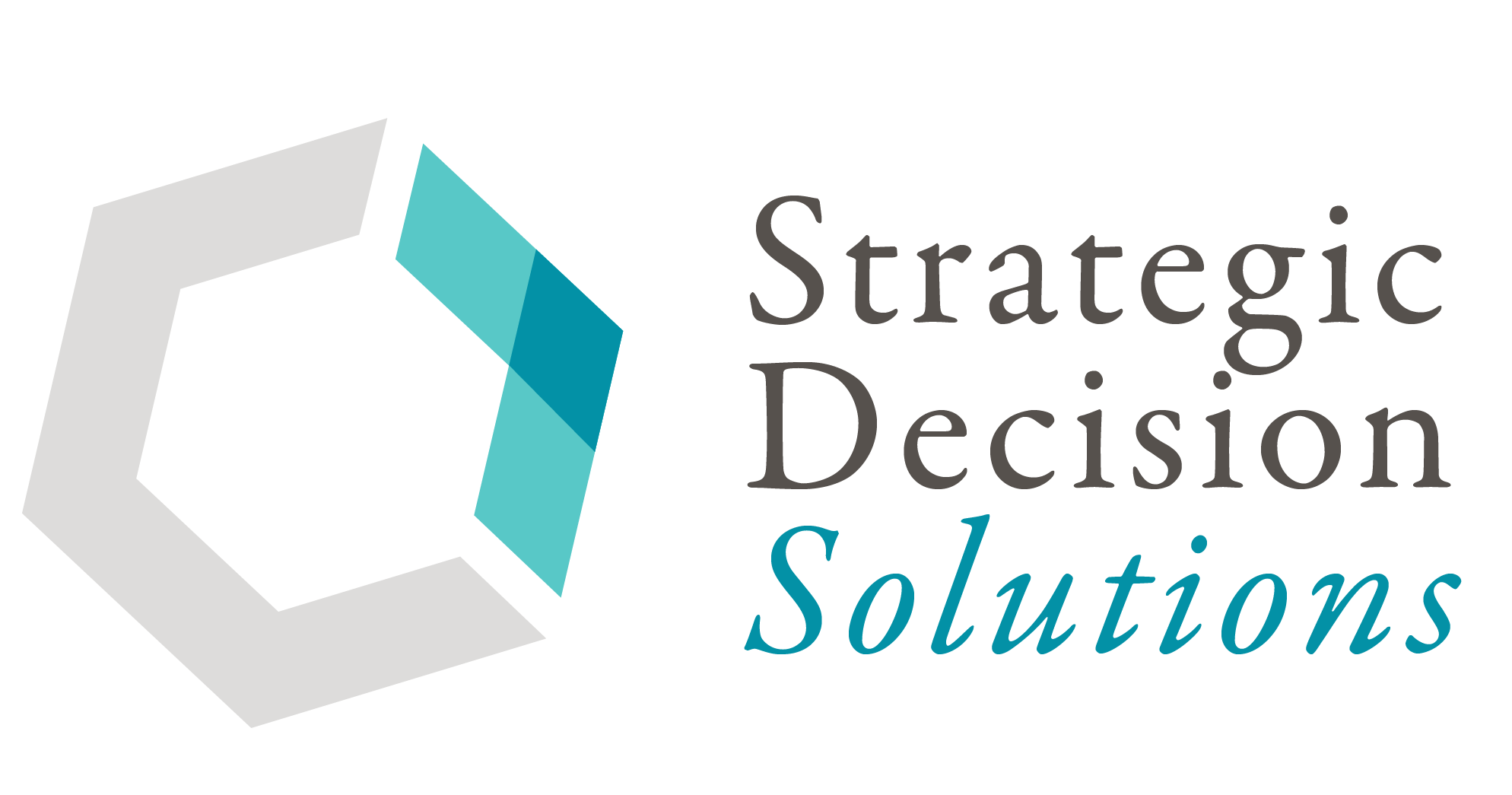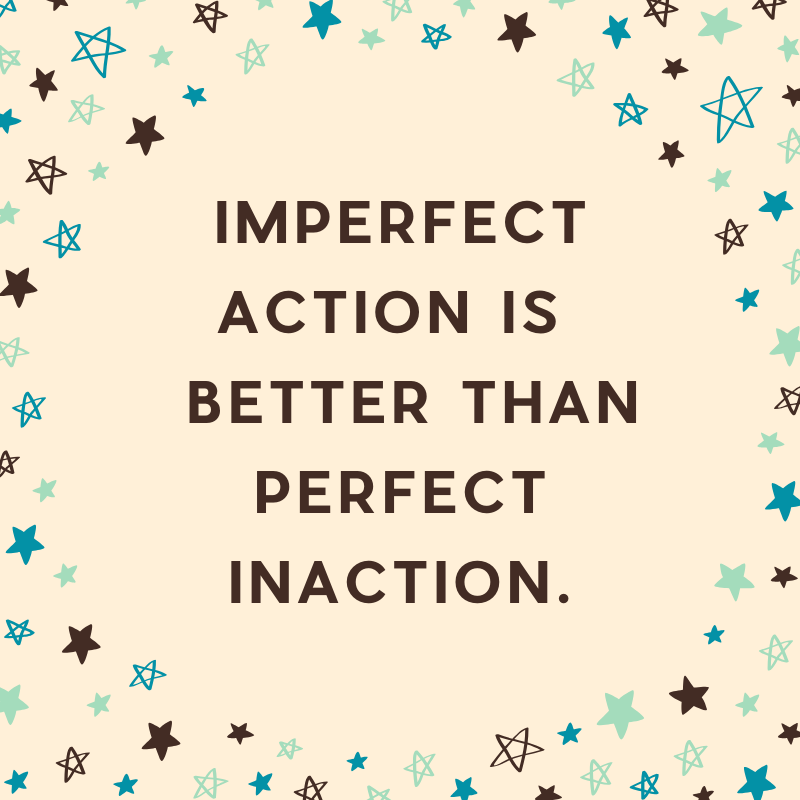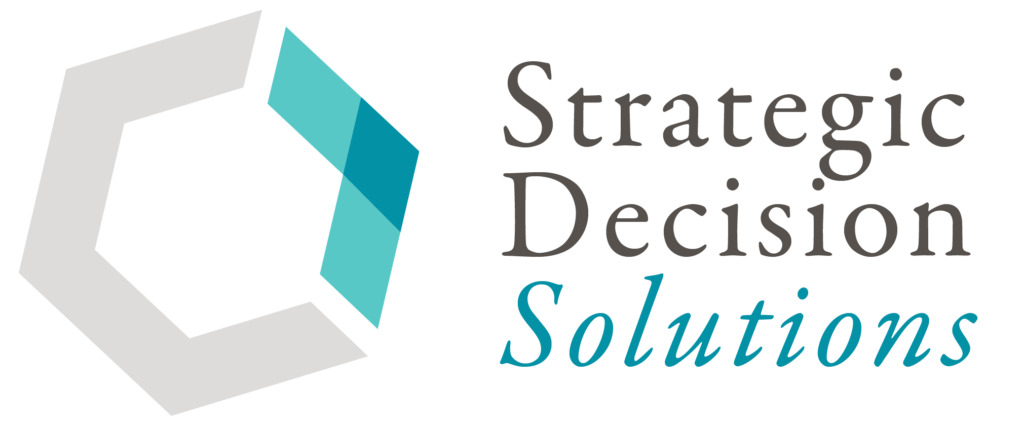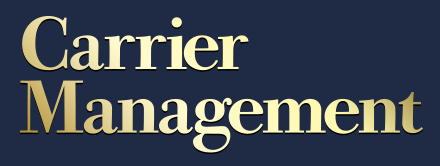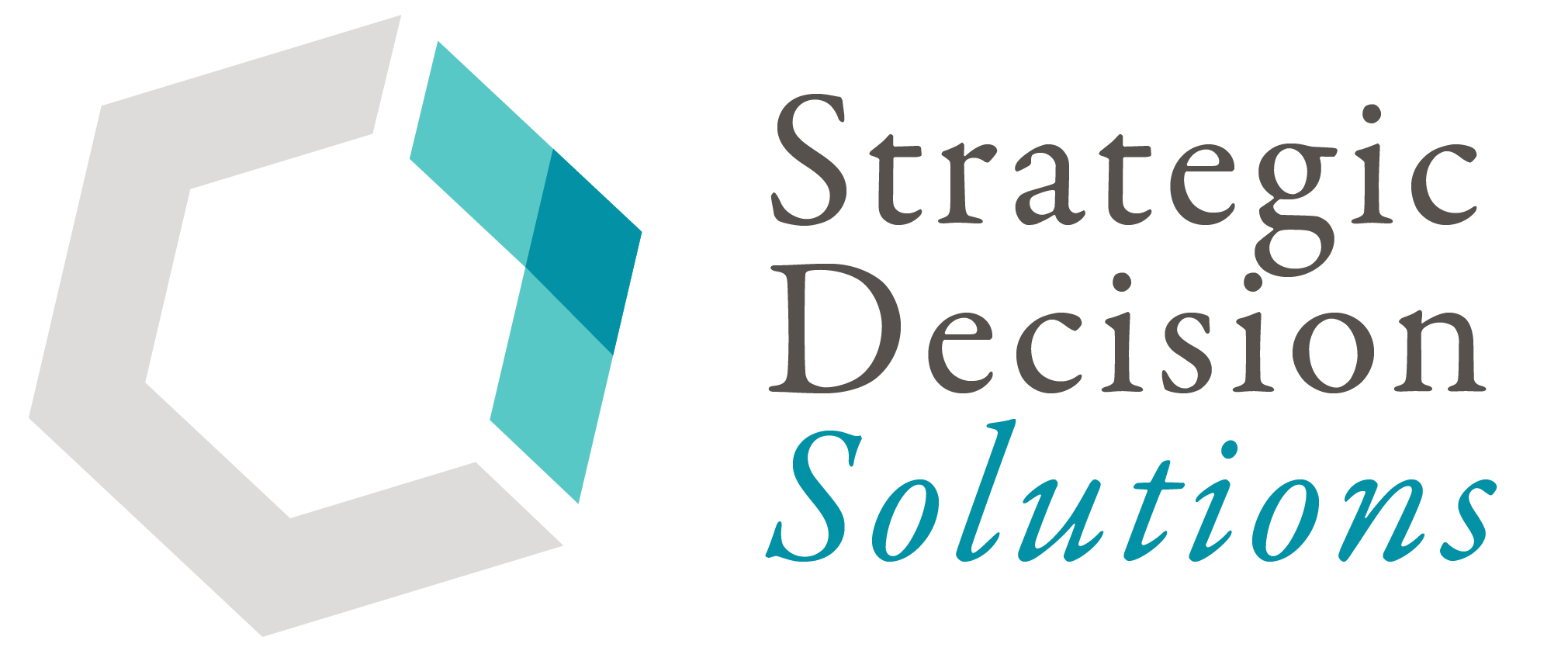Wherever you are in the world, I hope this post finds you healthy and well in this difficult time. The COVID-19 pandemic is something most, if not all of us, have ever faced before.
Before jumping into today’s post, a quick update on how my family and I are doing…
Here in Florida, the number of COVID-19 cases continues to climb. At present, there are nearly 8000 cases in the state, with the majority of those in the highly populated areas of Miami, Ft. Lauderdale, and West Palm Beach.
Despite the relative light number of cases in our local area, schools and businesses are shuttered and there is a night curfew. At the time of writing, the Florida Governor just issued a statewide shutdown through the end of April. We are very fortunate to have a comfortable, spacious place to live and make a point to get out in the sunshine and fresh air frequently to exercise, walk our dogs, talk to neighbors, friends, and so on.
Just the other day, Nathan took Jackson on his first fishing trip, and they both had a blast!!
Our son’s school has been using remote learning, which means I am spending a large chunk of my days as his teacher, which is a new challenge for the both of us. Our dogs are also adjusting to Jackson being at home all the time. I know they miss the peace and quiet as much as Jackson misses his friends.
Now on to today’s post…
(NOTE: I will be referring to a variety of different resources in this article. For further reading, please refer to the list at the end of the article)
There’s no doubt the COVID-19 pandemic will impact the U.S. and broader world economy for some time to come even without the mass shutdowns and quarantines being imposed by governments at all levels. Certain industries, especially those related to travel and tourism, are especially hard hit.
With the loss of revenue, companies are looking at where they can cut expenses. Executives will certainly be tempted to reduce or eliminate ERM projects and initiatives aimed at improving risk management and decision-making.
The current situation and uncertainty surrounding it is precisely why ERM is more important now than ever…
Companies who retreat now and simply make haphazard decisions in the face of this crisis may not survive. At best, they will be at an extreme disadvantage compared to companies who are more agile and adaptable…that is true even in what can be considered “normal” times.
In a video to subscribers, Ryan Levesque, entrepreneur and CEO of The ASK Method Company, echoes a sentiment expressed by Hans Læssøe and other ERM thought leaders when he says:
Things are changing literally so quickly that our ability to pivot and shift and respond to market conditions is more important today as ever.
With that in mind, let me provide an example from a firm I’ve been speaking with…
The company was already in need of help with its risk management and decision-making processes. In this current situation though, it has chosen to forego any help in this regard due to its extreme cash crunch. It is making decisions on where to cut expenses very haphazardly. In doing so, the likelihood of the company surviving this crisis is quite limited. At best, the company will be a shadow of its former self.
What can risk professionals be doing now to improve their company’s decision-making, agility, and general management of risk and opportunities?
In the same video to subscribers, Ryan Levesque provides another kernel of truth when he says:
Every challenge presents an even greater opportunity.
Many companies just a few weeks ago didn’t think the COVID-19 pandemic would affect them. After the scrambling to respond during this tumultuous time, executives are more open to changes for better preparing their companies and making them more agile. However, you must realize they are also extremely overwhelmed at the moment.
In a just-released report from NC State’s ERM Initiative, Professor Mark Beasley explains:
Once executives have safeguarded their people, the next step is to pinpoint the organization’s most critical drivers of value for the business so leaders can focus all their efforts on keeping those value drivers up and running as best they can.
A few places risk professionals can begin helping their companies not just minimize harm but maximize success, improve decision-making, and increase agility include:
- Look outside your company to better understand what’s going on in the broader world and how it may impact the achievement of objectives. Remember a key difference between traditional and enterprise risk management is being proactive rather than reactive.
- Develop tools, software and otherwise, that can help your company better predict, prepare, and take advantage of disruptive events. As Hans Læssøe explains in a recent interview, spreadsheets are extremely limited and provide a rear-view look. Forward-looking tools like Monte Carlo simulation, key risk indicators, and others are needed for providing executives with what they need for making informed decisions.
- Understand how your company is making decisions in this highly reactive time and determine if the scope or perspective of those decisions needs to change or expand without being bureaucratic.
- Go back and examine your strategic plan to determine how actions being taken now can help the company achieve goals set forth in that plan.
Considering how overwhelmed executives likely are right now, don’t worry about seeking approval, but instead do things on a trial basis. Demonstrate the value of how you can help them make better decisions, and they will take notice.
In a recent article, Norman Marks explains that risk professionals should:
…figure out what the organization needs from us if they are to be successful, and then deliver it (pull) – instead of doing what we think is right (based on industry or professional standards) and hoping that once we “push” it at them they will see some value.
Remember too that these recommendations do not require a huge budget, so don’t stress about having to find the money in this current cost-cutting environment.
Thinking beyond this current time, what opportunities can your company harness to be more adaptable, agile, and successful?
Thought leaders (…and articles on my blog) are always trying to make the point that ERM is not about identifying and minimizing risks but identifying and maximizing opportunities.
But what exactly does this look like?
The answer to this question will vary widely depending on your industry and a host of other factors, but one opportunity to consider is remote work. Many organizations have historically been tepid in allowing employees to work from home, but they are being forced to consider this in the current environment.
Instead of being a disruption to the business though, does the current need for remote work present a new way of doing business? Besides cost savings for office space and other infrastructure, remote work creates a larger pool for recruiting talent.
Think about what silver linings exist and how you can harness them to emerge from this crisis stronger than ever.
One general silver lining regardless of your industry: it is times like this that show what is truly needed to be a viable company. Projects that may have seemed vital before may now not be worth the time and expense and vice versa. Hopefully the current situation we find ourselves in provides clarity on what the crucial projects are for your organization.
Is your company making informed decisions during this crisis?
How are you helping your executives weather this crisis and position the company for long-term success?
The recommendations in this article are just a few ideas of my own. The more insights and ideas we can share with each other the better. Leave a comment below or join the conversation on LinkedIn.
Also, please feel free to just check-in and let us know how you’re doing.
One last thing – you may want to begin making changes that I describe in this article but find yourself overwhelmed as well. In this challenging time, you may think hiring a consultant for some extra support may be unaffordable right now, but you never know unless you ask. If you know there are areas you could improve in your organization but simply don’t have the bandwidth, please don’t hesitate to reach out to discuss your situation and how I may be able to help.
And most importantly, take care of yourself and your family. The best thing we can all do is to take steps to be healthy such as a good, healthy diet, plenty of rest, exercise, time outdoors in natural light, and more. You are your greatest asset, so take care of it first and foremost. Your family and your company are depending on you being your best. Take care and talk soon…
Further Reading
How to Leverage ERM Principles to Better Respond to COVID-19 Related Risks
How will risk management change as we emerge from this crisis?
Decide to Succeed – Why and How to Apply Effective Decision Risk Management
Risk Management in Plain English: A Guide for Executives
Making Business Sense of Technology Risk
ERM On a Budget: It is Possible! – 7 Key Considerations
Coronavirus Response Not Always About Minimizing Harm
Using Monte Carlo Simulation to Support Decision-Making
Real-Life Example of Robust Enterprise Risk Management
Why Organizations Struggle with Key Risk Indicators and How to Make Them Work
